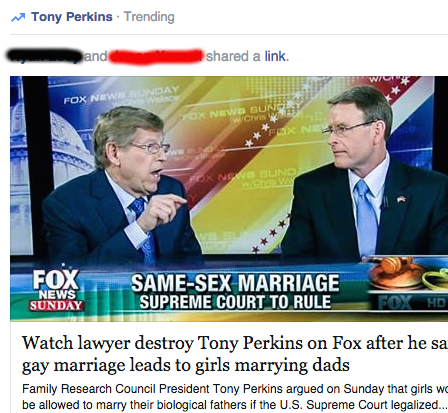On Nerd Entitlement, Laurie Penny, New Statesman, December 29, 2014
These are curious times. Gender and privilege and power and technology are changing and changing each other. We’ve also had a major and specific reversal of social fortunes in the past 30 years. Two generations of boys who grew up at the lower end of the violent hierarchy of toxic masculinity – the losers, the nerds, the ones who were afraid of being creeps – have reached adulthood and found the polarity reversed. Suddenly they’re the ones with the power and the social status. Science is a way that shy, nerdy men pull themselves out of the horror of their teenage years. That is true. That is so. But shy, nerdy women have to try to pull themselves out of that same horror into a world that hates, fears and resents them because they are women, and to a certain otherwise very intelligent sub-set of nerdy men, the category “woman” is defined primarily as “person who might or might not deny me sex, love and affection”.
***
Heterosexuality is fucked up right now because whilst we’ve taken steps towards respecting women as autonomous agents, we can’t quite let the old rules go. We have an expectation for, a craving for of a sexual freedom that our rhetoric, our rituals and our sexual socialisation have not prepared us for. And unfortunately for men, they have largely been socialised – yes, even the feminist-identified ones – to see women as less than fully human. Men, particularly nerdy men, are socialised to blame women – usually their peers and/or the women they find sexually desirable for the trauma and shame they experienced growing up. If only women had given them a chance, if only women had taken pity, if only done the one thing they had spent their own formative years been shamed and harassed and tormented into not doing. If only they had said yes, or made an approach.
This, incidentally, is why we’re not living in a sexual utopia of freedom and enthusiastic consent yet despite having had the technological capacity to create such a utopia for at least 60 years. Men are shamed for not having sex; women are shamed for having it. Men are punished and made to feel bad for their desires, made to resent and fear women for having denied them the sex they crave and the intimacy they’re not allowed to get elsewhere. Meanwhile, women are punished and made to feel bad for their perfectly normal desires and taught to resist all advances, even Eventually, a significant minority of men learn that they can ‘get’ what they want by means of violence and manipulation, and a significant minority of women give in, because violence and manipulation can be rather effective. (Note: accepting the advances of an awful man does not make these people bad women who are conspiring to ‘make life hell for shy nerds’. I’ve heard that sort of thing come out of the mouths of my feminist-identified male nerd friends far too often.)
And so we arrive at an impasse: men must demand sex and women must refuse, except not too much because then we’re evil friendzoning bitches. The impasse continues until one or both parties grows up enough or plumps up the courage to state their desires honestly and openly, without pressure or resentment, respecting the consent and agency of one another.
Why Idris Elba Can’t Play James Bond, Phil Nobile Jr., Badass Digest, December 29, 2014 Continue reading →



